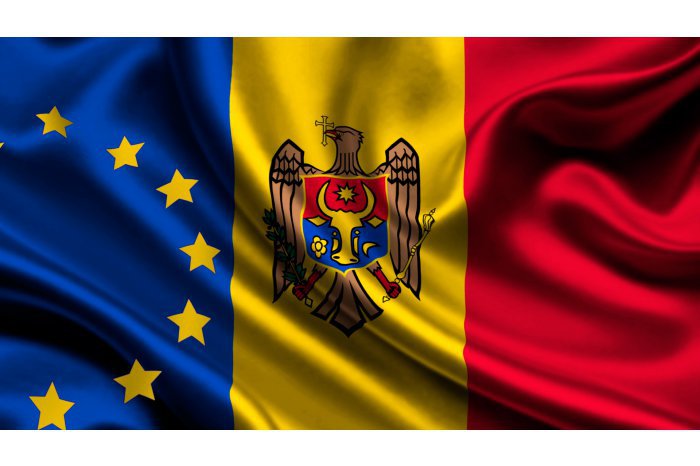Moldova-EU Free Trade Agreement brings plain advantages – expert
18:35 | 11.04.2017 Category: Economic
Chisinau, 11 April /MOLDPRES/ – The Free Trade Agreement signed between Moldova and the European Union two years ago has brought only benefits, while the EU’s share reached 65 per cent in 2016. It is the conclusion of a study submitted today by its author, Vitalie Gumene, program director of independent Analytical Center Expert group.
The Moldovan exports to the EU in 2016 had growth and exceeded the 6.9 per cent compared to 2014, after 2015 it was decreased by 2.3 per cent, including the factors economic crisis and domestic policies that were negative to the economy.
The most advantages were registered from food products, as to the Free Trade Agreement positive things, which were favoured originally, the expert believes. He stated that their export registered an increase in value of about 25 per cent in indicated period, managing to compensate to some extent the loss of eastern markets. At the same time, in quantitative terms, about 63 per cent of exports of agricultural products to the EU increased.
Moldova has fully utilized the quotas offered by the EU for wheat, corn, barley, sugar, "which indicates a higher export potential permissible levels," stated Vitalie Gumene. He draws attention to "the spectacular evolution of export products included with processed grains (alcohol)". Similarly, considerable progress is wine export quota which was canceled, and natural honey, which is part of the few products of animal origin still permitted to EU export.
According to the author of analysis, non-agricultural exports to the EU have developed more stable compared to other destinations, although in value terms they declined by 2.5 per cent in 2016. Thus, expressed in quantitative terms, they increase to 68 per cent of non-agricultural exports to the EU.
The geographical profile of exports indicates a positive evolution for 7 of the 10 biggest trading partners in the EU. The most important trade partner in the region, but generally remains Romania, 25 per cent of total exports of Moldova, followed by Italy and Germany sharing 9.7 per cent and 6.2 per cent, correspondingly.
Despite various concerns and speculation regarding food invasion of EU goods, the picture indicates an unfavorable evolution, finds Vitalie Gumene. As such, the import of agricultural products from the European Union lowered by 15 per cent.
Therefore, despite of a number of constraints, the positive influence of the EU Free Trade Agreement on trade flows recorded by Moldova proves the viability assumptions opportunity to cast negotiation of such a document. But it is clear that its potential remains further not valued, which indicates the need to strengthen institutional efforts to implement all commitments, the expert concludes.
(Reporter V. Bercu, editor M. Jantovan)

